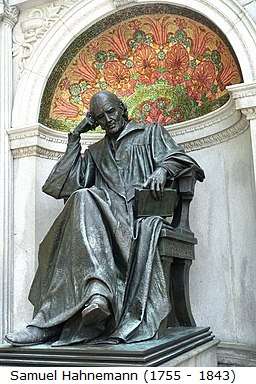What is Homeopathy?
Homeopathy is a system of medicine which treats diseases by matching the pattern of the disease with a substance found in nature which has a similarity to the pattern of the disease. This is derived from principle “Similia similibus curenteur”
Homeopathy is fundamentally based on 3 basic principles:
The principle of Holism:
The principle of Holism in Homeopathy recognizes the interconnectedness of the mind, body and spirit of the person where the person is considered as a whole rather than made up of separate parts.
The principle of Individualism:
The principle of Individualism in homeopathy recognizes that each person is unique with an unique inherent pattern with regards to his/her temperament, specific symptoms and overall constitution
The principle of Similia:
This can be very nicely exemplified by a Story of the Buddha
“It is said that a woman came to Buddha and she brought the dead body of her child and laid it in front of Buddha and she pleaded with Buddha to bring her child back to life.
But Buddha said that he could not do such a thing. But the woman was not ready to accept a “No” from Buddha. So Buddha wanted to find a way out of this situation, said to the woman that he would revive her child back to life only if the woman could get him one grain of a mustard seed from a house of someone who has not known grief.
So the woman went from household to household asking whether they had known any grief or not. And each of them sat down with her and told her in great detail the grief they had undergone whether it was a loss of a loved one or whatever else. And when she went from house to house and heard their experience of grief, she did not want her child to be brought back to life again as she was already healed, because Buddha had practiced Homeopathy on her.”
Buddha had allowed the state of the woman to be mirrored back to her through the experiences of other people and this healed the woman from her grief.
